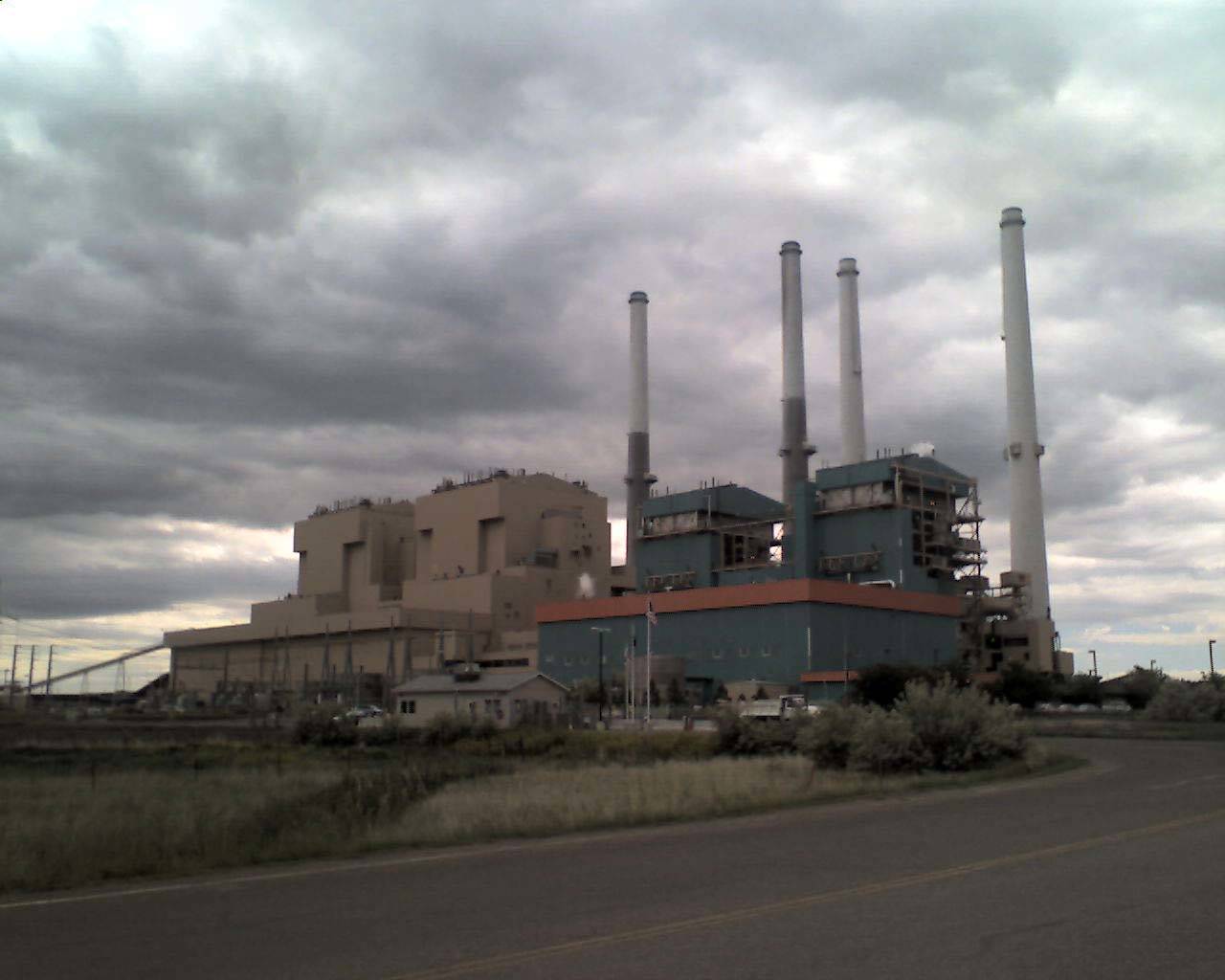Puget Sound Energy has officially submitted an application with the state to sell part of its holdings in the coal-fired Colstrip Power Plant in Montana, but environmental activists are concerned the move could extend the plant’s lifespan.
The move isn’t unexpected, as Puget Sound Energy (PSE) announced last December it would be selling its 25 percent ownership of one of the two remaining units to NorthWestern Energy. NorthWestern Energy is the largest single stakeholder of the unit, currently controlling 30 percent of the unit.
The filing on Feb. 20 to the Washington Utilities and Transportation Commission seeks approval for sale of the power plant unit as well as power line capacity, which PSE currently uses to ship electricity to customers in Washington. The sale must be approved by the UTC as well as its parallel organization in Montana.
Ron Roberts, PSE’s director of generation and natural gas storage, said the sale was part of the company’s strategy to remove coal-fired energy from its grid.
“We’re actually doing something today to decrease our ownership in coal,” Roberts said. “For me, and for our customers, I think it’s good that we’re taking action today.”
The utility gets more than one-third of its energy from coal, from both the two remaining units in Colstrip — PSE currently owns 25 percent of each — as well as from the Centralia Power Plant in Southwest Washington. According to the Sierra Club, the two Colstrip units combined produce as much greenhouse gas emissions as 2 million cars, or about one-third of all the passenger cars in Washington state.
In 2019, the Washington state Legislature passed a clean energy bill, mandating utilities that operate in the state phase out coal from their portfolios by 2025. However, environmental activists are worried that PSE selling part of its holdings could mean that unit could keep operating until at least 2042.
“That will have a profound impact on our climate, and what’s so troubling about this is that when we passed this 100 percent clean electricity law last year, everyone expected that this would be accelerating the retirement of Colstrip,” said Doug Howell, the Sierra Club’s Beyond Coal program representative.
Howell said shutting down the Colstrip unit would be “the greatest greenhouse gas reduction that we might ever be able to achieve in the Pacific Northwest.”
Roberts said he thinks the plant could close before 2042 even if PSE sells to NorthWestern Energy. The filing with the UTC cited increasing competition from natural gas and renewable energy as contributing to the decision to sell. Increasing coal prices could play a role as well.
“Coal doesn’t get cheaper over time, it gets more expensive. I just see it as economically — it’s going to be challenging economically to operate it into the 2040s,” he said.
The utility is also looking at wind power generated in Montana, which tends to blow during the winter, precisely when the Pacific Northwest is in need of renewable energy.
Howell said PSE could also be looking at a situation where, after 2025, they aren’t allowed by Washington state law to use energy from the Colstrip plant, and that the other owners could outvote them and force them to try and use ratepayer money for improvements, which would be illegal after 2025. Roberts said all decisions must be unanimous among the owners of the plant units.
However, the sale is concerning for Washington state Rep. Joe Fitzgibbon (D-Vashon).
“We were hopeful that the law we passed last year would accelerate its closure,” he said.
Fitzgibbon said he understands the utility has to sell its interest in the plant to comply with the law, but said selling it to NorthWestern could let it run longer than other owners may have.
Part of the proposed sale includes selling transmission line and capacity. Roberts said the lines will be needed by NorthWestern to transmit power from the plant to its customers, but Fitzgibbon said it could instead be used to ship wind power from Montana to Washington state.
The UTC will ultimately decide whether to approve the deal, and PSE and the Sierra Club will both be making their case.


